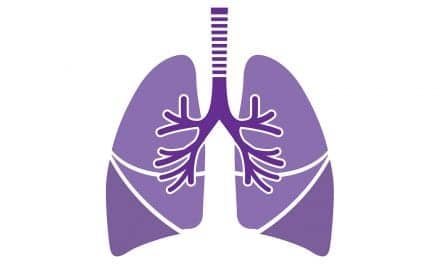Using a molecule similar to one found in the experimental cancer drug CCDO-Me, researchers at the Johns Hopkins Bloomberg School of Public Health demonstrated that activation of a key component of the lung’s antioxidant defense system, Nrf2 (nuclear factor erythroid-derived 2-related factor 2), can prevent emphysema in mice. The researchers believe that activation of Nrf2 could be a novel target for therapies to prevent chronic obstructive pulmonary disease (COPD)—the fourth leading cause of death in the United States The study is published in the online Early Edition of PNAS: Proceeding of the National Academy of Sciences.
"There are no effective therapies for COPD and there is an urgent need to develop novel intervention strategies. Targeting the Nrf2 pathway presents a novel strategy which needs to be tested for their efficacy in intervening COPD in patients," said Shyam Biswal, PhD, senior author of the study and an associate professor in the school’s Department of Environmental Health Sciences and the Division of Pulmonary and Critical Care Medicine at the Johns Hopkins School of Medicine.
Nrf2works as a "master gene" that turns on numerous antioxidant and pollutant-detoxifying genes to protect the lungs from environmental pollutants, such as cigarette smoke. Biswal previously identified that disruption of Nrf2 expression in mice caused early-onset, severe emphysema. More recently, his team demonstrated for the first time a close correlation between the Nrf2 decline and the progression of COPD in humans.
For the current study, Biswal and colleagues observed mice exposed to cigarette smoke to determine if activation of Nrf2 could prevent emphysema. Exposed mice—fed a diet containing CDDO-Im, which is known to activate Nrf2—were significantly less likely to have oxidative stress and lung cell damage associated with emphysema. The researchers also noted substantially improved function in the portion of the heart responsible circulating oxygenated blood through the body—a function that is typically diminished with emphysema.
"Nrf2 is an important regulator of the body’s antioxidant defense system, and activation of Nrf2 is a promising therapeutic strategy for attenuating COPD progression in patients," said Thomas Sussan, PhD, lead author of the study.








